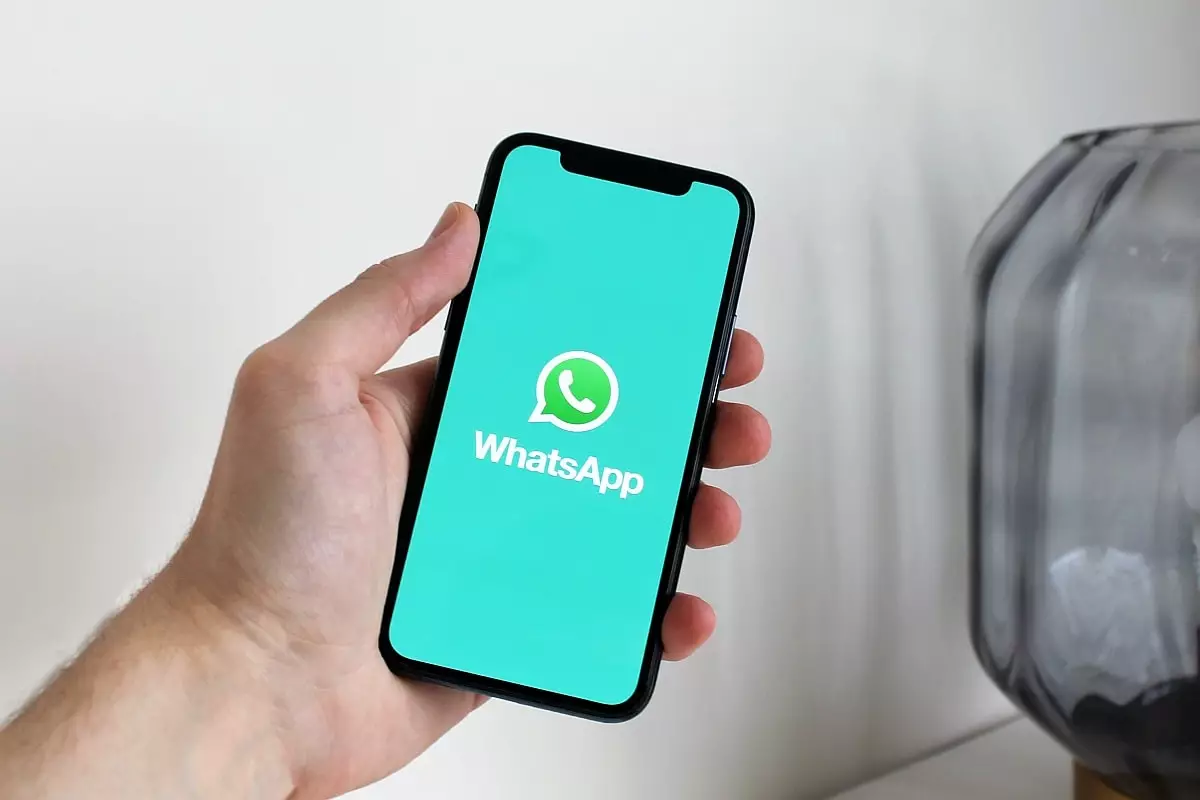In a groundbreaking move, WhatsApp, the popular messaging app owned by Meta, has announced its plan to introduce support for cross-platform messaging. This development will allow users of different messaging platforms to interact and exchange messages effortlessly. The move comes ahead of the EU’s Digital Markets Act (DMA) deadline, adding to the significance of this development. This article delves into the details of WhatsApp’s forthcoming cross-platform messaging feature and its potential impact on the messaging landscape.
WhatsApp’s Engineering Director, Dick Brouwer, has confirmed the introduction of cross-platform messaging, which will be accompanied by a range of revolutionary features. Upon enabling this feature, users will be able to send messages and attachments seamlessly across different platforms. The “Third Party Chats” section added to the chat list will distinguish these messages from those protected by WhatsApp’s end-to-end encryption.
To enable messaging between WhatsApp users and other chat platforms, these platforms can encrypt messages using the open source Signal Protocol. By connecting to WhatsApp’s servers, these platforms can send and receive messages securely, ensuring the privacy and safety of the users involved. Brouwer highlighted WhatsApp’s commitment to security by emphasizing the need for other platforms to adhere to WhatsApp’s encryption standards or utilize a less secure “proxy” solution.
While the announcement has garnered significant attention, WhatsApp has not disclosed any specific partnerships with other messaging platforms to implement third-party chats. Reports suggest that several major messaging platforms have not confirmed their involvement in this cross-platform initiative. However, this does not undermine the potential impact of WhatsApp’s move, as it sets a precedent for enhanced interoperability.
Understandably, not all messaging capabilities will be compatible with third-party chats in the initial stages. Regular SMS messages will not be supported by this feature. Additionally, group conversations and calling across different chat platforms are not expected to be available this year. WhatsApp also clarified that the development of features for its own chats will progress at a different pace compared to third-party chats, demonstrating the complexity of integrating diverse messaging services.
To protect users from potential spam and scams, WhatsApp will require users to opt in to receive chats from third-party platforms. This proactive approach empowers users with control and ensures that their messaging experience remains safe and secure. By providing users with the ability to choose which platforms to interact with, WhatsApp fosters a collaborative and trustworthy messaging environment.
While WhatsApp has not specified an exact date for the launch of the third-party chats feature, given the looming deadline for the EU’s DMA regulations on March 6, it can be expected that the feature will be rolled out in the near future, at least within the EU. As this development aligns with regulatory requirements, it serves as an important step towards enhancing transparency and competition in the messaging market.
WhatsApp’s foray into cross-platform messaging brings forth a paradigm shift in the messaging industry. As the feature becomes widely available and adopted, it has the potential to redefine how users communicate across different platforms. While the initial focus may be on supporting basic text-based messaging, the future holds endless possibilities for further integration and collaboration among various messaging services.
WhatsApp’s upcoming support for cross-platform messaging is set to transform the way users interact across different messaging platforms. With a commitment to security, user control, and regulatory compliance, WhatsApp’s entry into the realm of interconnected messaging marks a significant milestone. This development not only propels the messaging landscape forward but also sets an example for other platforms to prioritize interoperability and foster a cohesive messaging experience for users worldwide.


Leave a Reply